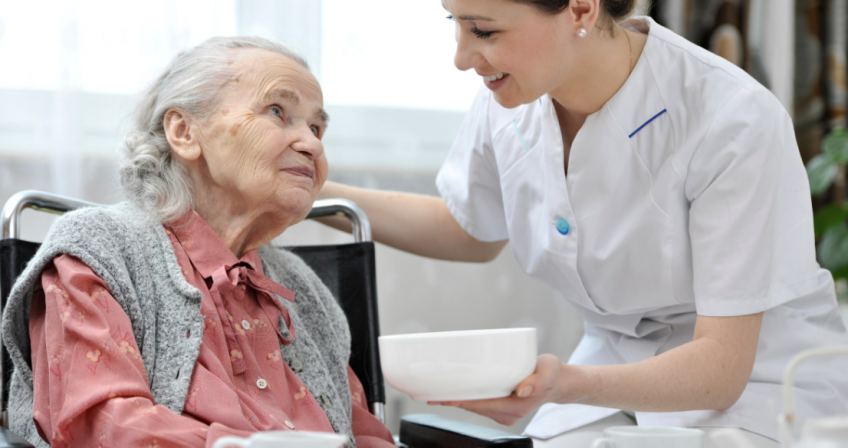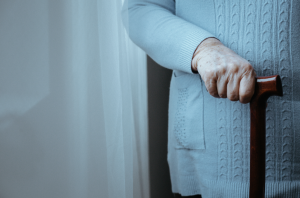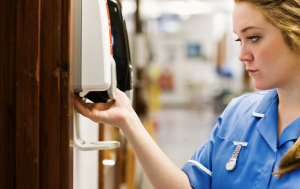
Millions of elderly and incapacitated individuals find long-term care facilities are the safest places to reside and receive both medical care and assistance with daily living requirements.
Nursing homes aim to keep residents safe and healthy, and in order to do so important precautions need to be taken not only by staff members but by friends and family who visit their loved ones in nursing home facilities.

Infectious diseases can spread easily through nursing homes if visitors are not careful. Age and compromised immune systems which are common among many people who live in long-term care facilities, elevate residents’ risk for disease. A nursing home outside of Seattle was the site of one of the first cases of COVID-19 on American soil. As of early March 2020, thirteen residents of the facility contracted and died from COVID-19, an additional 11 deaths were being investigated but had not yet been attributed to the novel virus that dominated headlines.
In many nursing homes, residents share rooms, and common areas are small, making residents vulnerable to infections that are transmitted from person to person, advises the Association for Professionals in Infection Control and Epidemiology. And the open-door policy of many facilities can make it easy for diseases to find their way in. These pointers can help reduce the risk of disease transmission.
· Visitors should not come into the facility if they have symptoms of respiratory infections or other illnesses that are easily transmissible.
· Employees should stay home if they are sick.
· Good infection prevention and control techniques always should be implemented. These include cleaning hands before and after touching another resident. Cleaning and disinfecting environmental surfaces, removing soiled items, and wearing personal protective equipment is advised.
· Residents, workers, and visitors should practice proper cough and sneeze etiquette by coughing and sneezing into the crooks of their elbows rather than into their hands.
· The CDC says should be available in every resident’s room.

· Restrict residents with any contagious illnesses to their rooms. If they need to be moved for testing or other reasons, have them wear correct safety items, like facemasks.
· Healthcare personnel who may work other jobs, such as those in other facilities, should exercise extreme caution after caring for an individual with an infectious disease.
· Guests should wear gowns when visiting someone who has a virus or type of bacteria that can be transmitted through direct contact.
Infectious diseases can be problematic in nursing home settings since residents are vulnerable due to their proximity to others, ages and potentially compromised immune systems.